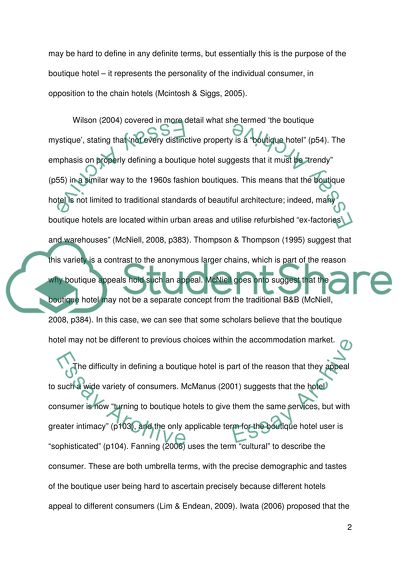Cite this document
(“Boutique Hotels Essay Example | Topics and Well Written Essays - 1000 words”, n.d.)
Boutique Hotels Essay Example | Topics and Well Written Essays - 1000 words. Retrieved from https://studentshare.org/tourism/1449034-literature-review-about-boutique-hotels-a-new
Boutique Hotels Essay Example | Topics and Well Written Essays - 1000 words. Retrieved from https://studentshare.org/tourism/1449034-literature-review-about-boutique-hotels-a-new
(Boutique Hotels Essay Example | Topics and Well Written Essays - 1000 Words)
Boutique Hotels Essay Example | Topics and Well Written Essays - 1000 Words. https://studentshare.org/tourism/1449034-literature-review-about-boutique-hotels-a-new.
Boutique Hotels Essay Example | Topics and Well Written Essays - 1000 Words. https://studentshare.org/tourism/1449034-literature-review-about-boutique-hotels-a-new.
“Boutique Hotels Essay Example | Topics and Well Written Essays - 1000 Words”, n.d. https://studentshare.org/tourism/1449034-literature-review-about-boutique-hotels-a-new.


